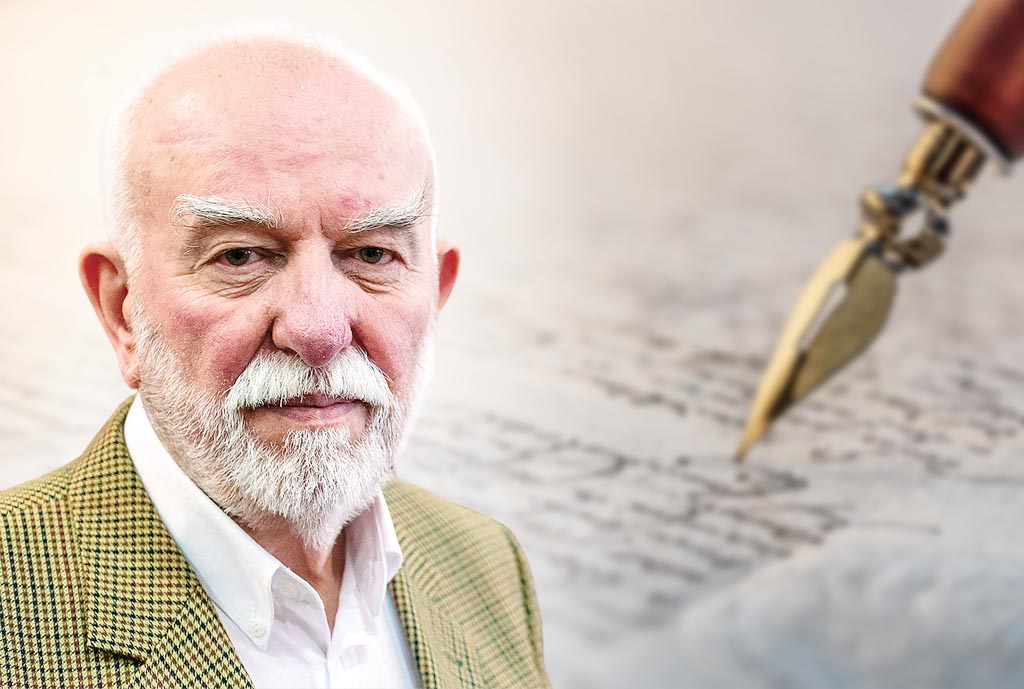By: Franci Kindlhofer
When we read abundant literature about crimes on all sides during and after the occupation, the numbers of individual and mass killings often dominate. However, we often fail to consider that death itself was not the worst evil, but rather the severe parallel torture and suffering preceding death.
It is understandable that greater attention is now being given to those victims who were silenced for 45 years, and speaking or writing about them in public was forbidden. Our essential problem lies in the fact that we have two categories, both perpetrators as well as victims. The first category includes the occupiers and their victims, while the second category consists of communist revolutionaries and their victims. Many may now object, claiming that I am once again raising the worn-out topic of communist victims and the tiresome counting of bones. Unfortunately, that is not the case. I address or continue this issue due to its relevance.
It is becoming increasingly clear that because we did not address these issues immediately after gaining independence and apparent liberation from communist dictatorship, the Republic of Slovenia has now found itself in a dead end. We have long overcome the issue of the occupation itself since the perpetrators of that time are no longer among us. On the contrary, we have even become good neighbours and successfully cooperate with them in all areas. Thank God the same applies to other nations who suffered under foreign occupation, mainly the Germans
In our case, however, it is precisely this second segment, which was not directly related to the occupation but took advantage of its presence to carry out the communist revolution, that causes the greatest problems. This revolution took place within the nation, between Bolshevik Marxists and their opponents. The communists received assistance from Soviet like-minded individuals, as well as Western powers who allied themselves with anyone presenting themselves as an opponent of Nazism. Revolutionaries could not have asked for anything better. When they gained armed superiority in the country, they solidified their power by physically exterminating their real or perceived opponents. This was the root of the Slovenian divide. Since the communists did not intend to punish individual crimes but wanted to remove the entire opposing element, they realised that neutral courts were not suitable because they would not be able to prove anything criminal to the vast majority. Therefore, they deemed physical removal of useless people more appropriate. The communists were aware that this act was a crime, and even if carried out with great secrecy, it could not be completely concealed. That is why they decided on an even worse crime, one that the Slovenian people had not experienced even at the hands of the occupiers. They devised a hellish plan. All victims had to be dehumanised, turned into beasts unworthy of life. They stylised them as the greatest enemies of their own nation, as worthless vermin. The victims became mere numbers on lists of the murdered, and even those lists are not complete. If any news of dead Home Guards emerged, everyone immediately knew who they were referring to. They became beings without names and graves, treated like all waste. Speaking about them was unnecessary, advocating for them was dishonourable and dangerous. Thus, the communists committed the worst crime against the Slovenian nation in its entire history. The victims not only lost their bare lives but also their human dignity, and before execution, they endured severe physical and mental torture. They were true martyrs in every sense of the word.
And it is precisely this torture that we must consider when we speak of these victims. Each individual victim could have a book written about their suffering. As I mentioned at the beginning, when we read reports of the number of dead, we must think of the individual fates hidden behind those numbers. The story of my fellow prisoner from Petriček, Ivan Ott, who was about eight years older than me, has etched itself into my memory. He was brought to Petriček from Teharje. There he was interned with his father, a Home Guard officer, and his mother. He remembers how his father came back from an interrogation, covered in blood, with such a disfigured face that he was unrecognisable. That day, a bus arrived to take the children to Petriček. The mothers, with whom the children mostly stayed, were desperate. They screamed, cried, and clung to their children. Ivan Ott could only say about his mother that she was completely absent mentally and probably did not even grasp what was happening around her. When he approached her to bid farewell, she sat on the bed, staring into emptiness. When Ivan told her that he had to leave, without a word, she reached under the bed and handed him a jar of honey that she carried as a precious reserve. He held that jar close to himself, as if it were a part of his mother, and sat on the bus. He never saw his father and mother again, but that moment with the jar of honey accompanies him throughout his life.
Respected President of the Republic of Slovenia, when you are next in a dilemma about which ceremony to attend, whether to go to Rog to pay homage to the innocent victims or to the streets of Ljubljana to honour the Pride Parade, remember this jar of honey.

